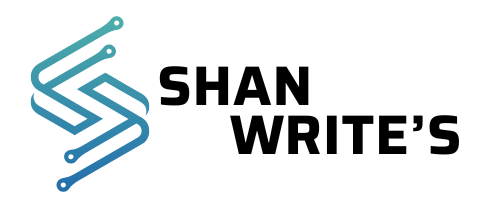The First Developer Preview of Android 16
THE FIRST DEVELOPER PREVIEW OF ANDROID 16

Android 16, codenamed “Baklava,” represents the latest evolution in Google’s mobile operating system, bringing a suite of enhancements aimed at improving user experience, privacy, and developer capabilities. The first developer preview was released on November 19, 2024, marking the beginning of a new chapter in Android’s development.
Release Schedule and Development Phases
Google has adjusted its release schedule for major Android updates, shifting from a Q3 fall launch to a Q2 spring release in 2025. This change aims to better synchronize with device launches, allowing more devices to receive major updates promptly. The development timeline for Android 16 includes multiple phases:
- Developer Previews: The initial developer preview (DP1) was made available on November 19, 2024. A second developer preview is expected in December 2024.
- Beta Releases: The first beta is planned for January 2025, providing a more stable version for broader testing.
- Stable Release: The final stable version of Android 16 is scheduled for release in the second quarter of 2025, likely coinciding with the Google I/O event in May.
Key Features and Enhancements
Android 16 introduces several notable features designed to enhance functionality and user privacy:
- Embedded Photo Picker:
The photo picker has been significantly enhanced to include support for cloud-based media services like Google Photos. Users can now seamlessly select photos stored in their cloud accounts, eliminating the need to switch between apps. This update builds on previous versions, extending accessibility to older Android devices via modular updates. - Health Records API:
The Health Records API facilitates the management of personal medical data in FHIR (Fast Healthcare Interoperability Resources) format. This functionality, part of the Health Connect platform, allows secure sharing and access to health data with explicit user consent, promoting interoperability across health-related applications. - Privacy Sandbox:
Privacy Sandbox on Android 16 continues Google’s effort to redefine online advertising with stronger user privacy. The feature limits tracking mechanisms by utilizing anonymized data and local processing to deliver personalized content without compromising user privacy. This advancement ensures compliance with evolving data regulations while maintaining robust support for advertising ecosystems.
Under-Development Features
Enthusiasts have discovered the existence of other under-development features that may be released in later developer preview versions:
- Audio Sharing to Multiple Devices:
Android 16 is expected to introduce the ability to share audio to multiple Bluetooth devices simultaneously, enhancing the multimedia experience for users. - Notification Cooldown:
A new notification cooldown feature aims to reduce notification spam by managing the frequency of notifications, providing a more streamlined user experience.
Developer Focus and SDK Releases
Google is emphasizing faster API releases to drive innovation. Unlike previous versions, Android 16 will have two separate SDK releases:
- First SDK: Scheduled for March 2025, this release will include behavior changes, along with new APIs and features.
- Second SDK: Expected in the fourth quarter of 2025, focusing primarily on the introduction of new APIs and features.
This approach is part of Google’s ongoing effort to accelerate innovation in apps and devices.
Conclusion
Android 16 “Baklava” signifies a strategic shift in Google’s approach to mobile operating system development, with an accelerated release schedule and a focus on enhancing user privacy and developer capabilities. As the platform progresses through its development phases, users and developers can anticipate a more integrated and secure Android experience.
